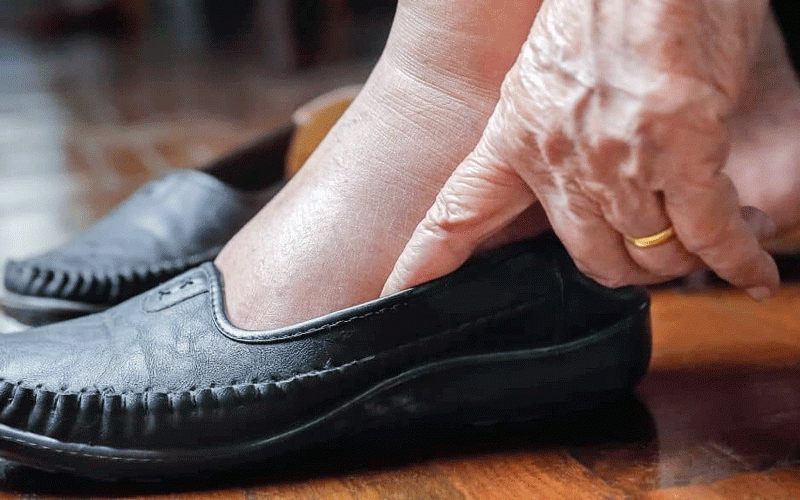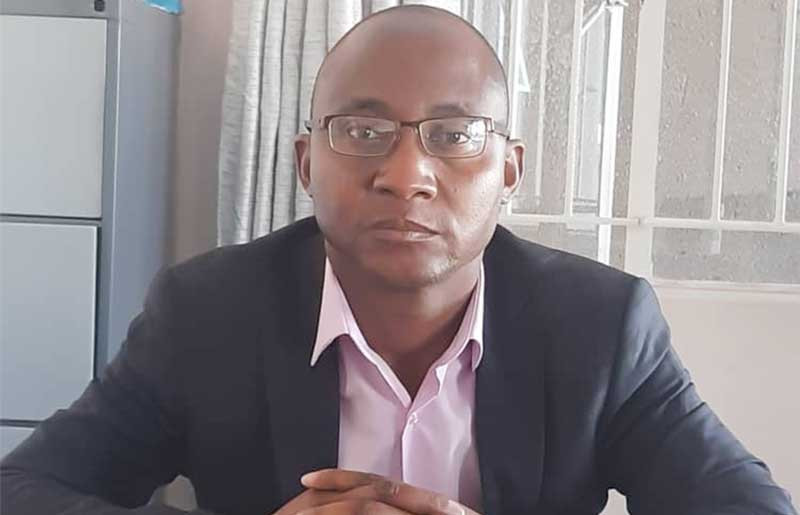
Alcoholism is a chronic (long-term) disease. People who suffer from alcoholism are obsessed with alcohol and cannot control how much they consume, even if it is causing serious problems at home, work and financially. Alcohol abuse generally refers to people who do not display the characteristics of alcoholism but still have a problem with it — these people are not as dependent on alcohol as an alcoholic is; they have not yet completely lost their control over its consumption.
Consuming moderate qua-ntities of alcohol will not usually cause any physical or psychological harm. Unfortunately, for some people social drinking eventually leads to heavier drinking, which can cause devastating health and psychological problemsMany people with alcohol problems do not recognise when their drinking gets out of hand.
(*Dr F Malik is clinical psychologist at crisis support centre annex)
Symptoms and counselling
Symptoms of alcohol abuse include:l Solitary or secretive drinkingl Alcohol cravingsl An inability to control the amount you drinkl Blackouts (not remembering events or conversations)l Irritability when you can’ t get a drink at your regular timel Legal problemsl Difficulty sustaining a relation ship or a jobl Withdrawal symptoms when you stop drinking, such as nausea, sweating, shakiness, and anxietyl An increased alcoholl Liver disease
- Chamisa under fire over US$120K donation
- Mavhunga puts DeMbare into Chibuku quarterfinals
- Pension funds bet on Cabora Bassa oilfields
- Councils defy govt fire tender directive
Keep Reading
The ideal approach to treatment is to help the person realise how much their alcohol use is harming their life and those around them.
Alcohol recovery or support programmes can help you stop drinking completely. These programmes usually offer:
Counselling and therapy to discuss alcoholism and its effects and how to control your thoughts and behavioursMental health supportMedical care
If you have symptoms associated with alcoholism, you should see your doctor. Your doctor can help make a diagnosis and guide you in determining which treatment or combination of therapies will work best.
If you suspect that a friend or loved one has alcoholism, you should know that most alcoholics deny they have a problem, and they are often unlikely to seek treatment by themselves.
You and other friends and family members may need to convince them to seek help.











